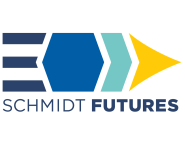Research in the Human Nature Lab lies at the intersection of the biological, social, and computational sciences. We develop and apply novel insights about the aspects of human nature that relate to our interactions with others.
Our interest is in how human beings think and feel about, and behave towards, others. We are interested in the emergent properties of social systems, and their social and evolutionary origins.
Understanding ourselves and our societies better
The Human Nature Lab explores how our networks, biology, and environment influence our social behavior. We use diverse computational, genomic, biological, experimental, and analytic methods to tackle several categories of subjects related to human social interactions.
Experiments with Online Networks
Hybrid Systems of Humans and AI Agents
Experiments with Face-to-Face Networks
Biology of Social Interactions
Computational Social Science
Network Methodology
The making of
our research
Video mini-documentaries regarding the design of some of our projects
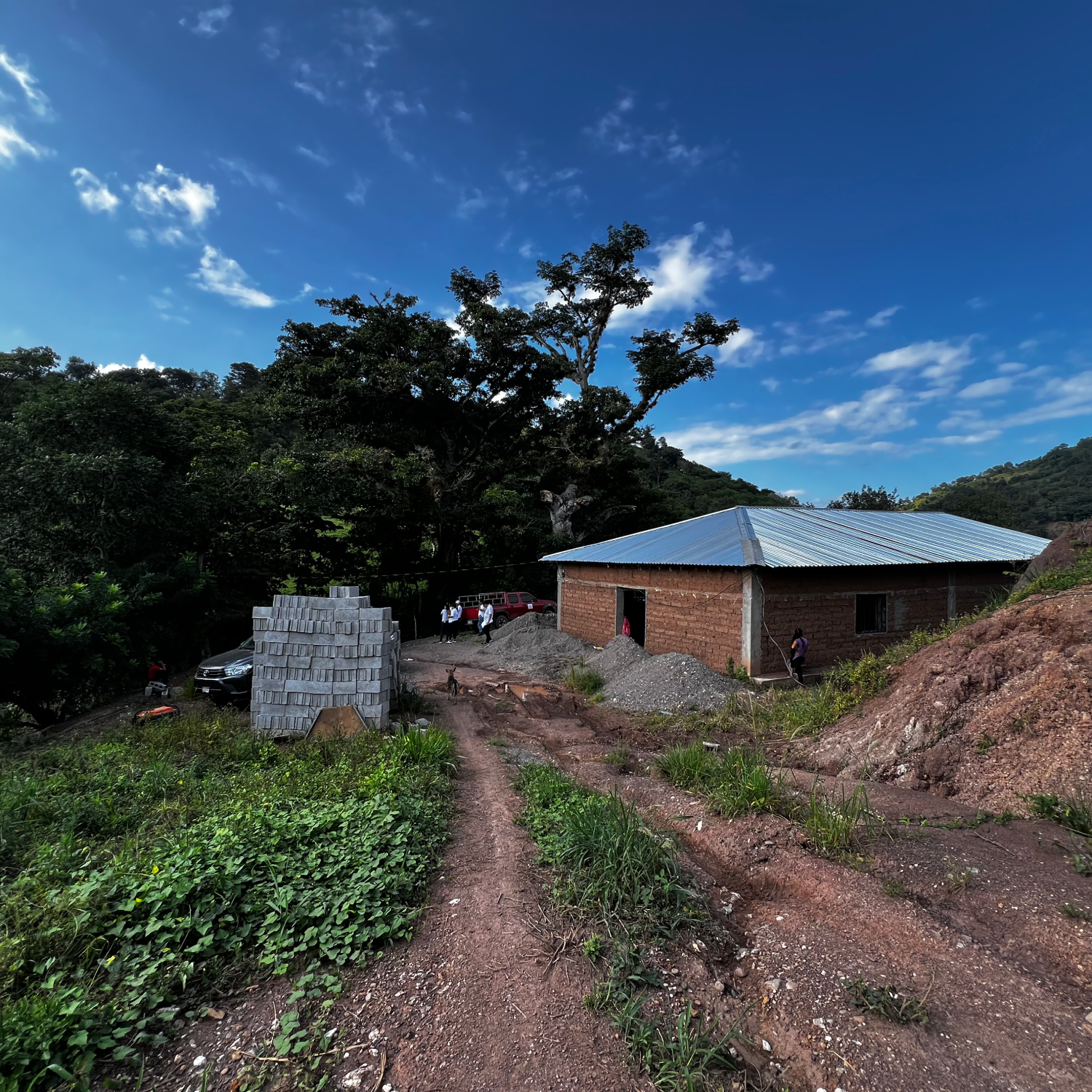
Social Network Biology and Human Chemosignaling (2025)
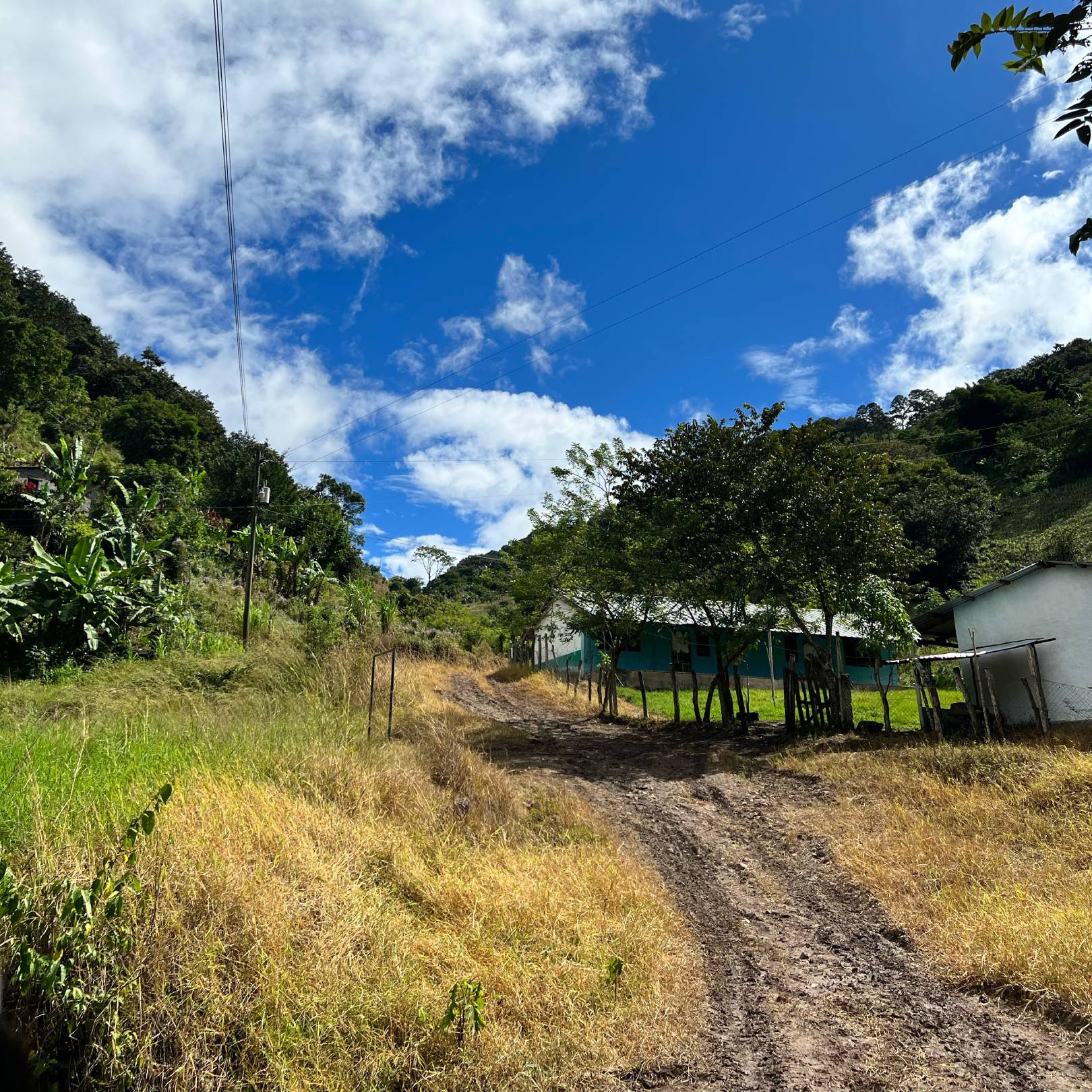
A Randomized Controlled Field Trial of Social Contagion (2025)
Empowering your research
Good science often involves developing new tools. We make tools we develop publicly available here.
Sponsors
We are grateful for the support of our sponsors and donors who enable us to pursue our mission to advance science and enhance human well being.
